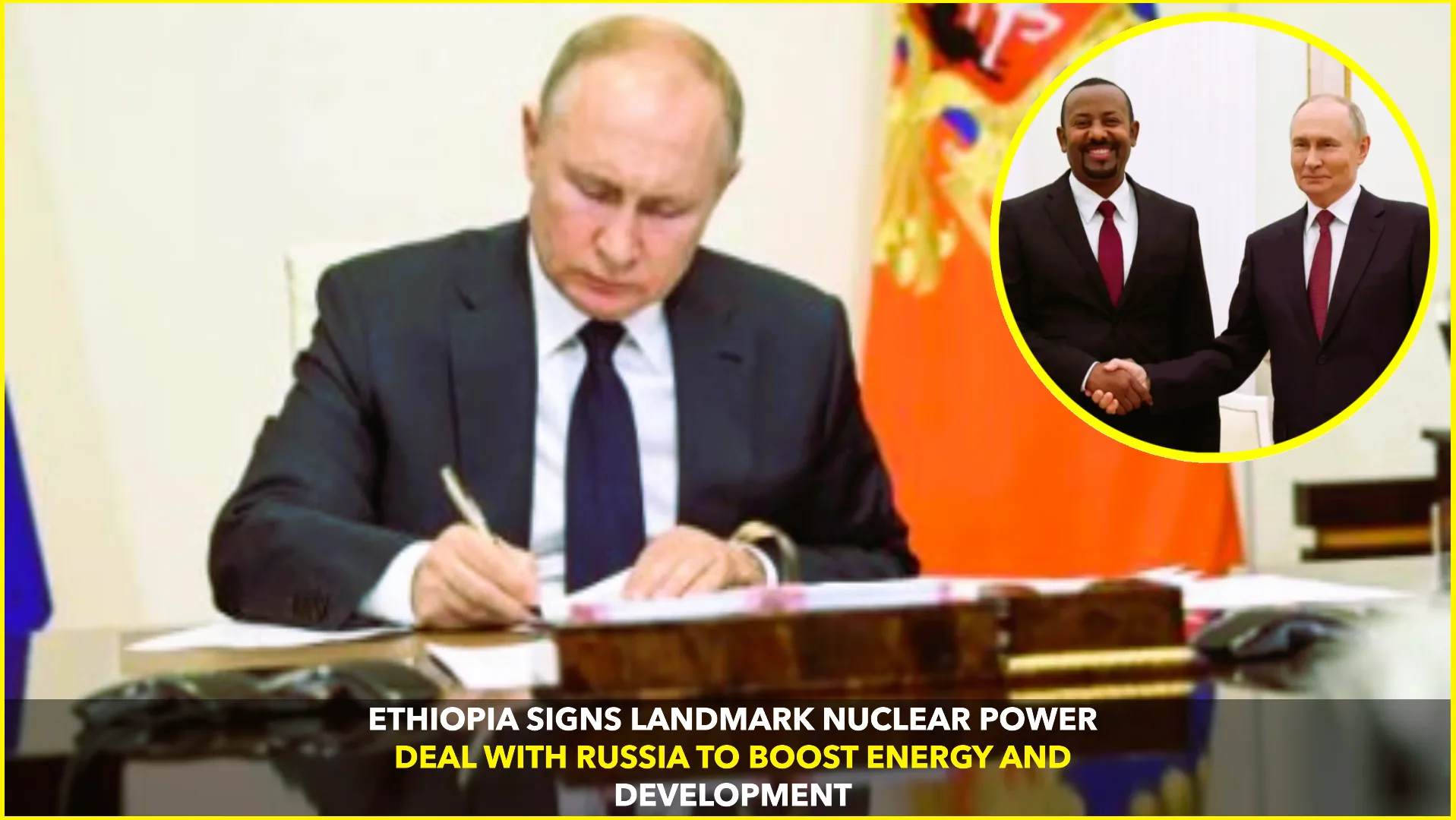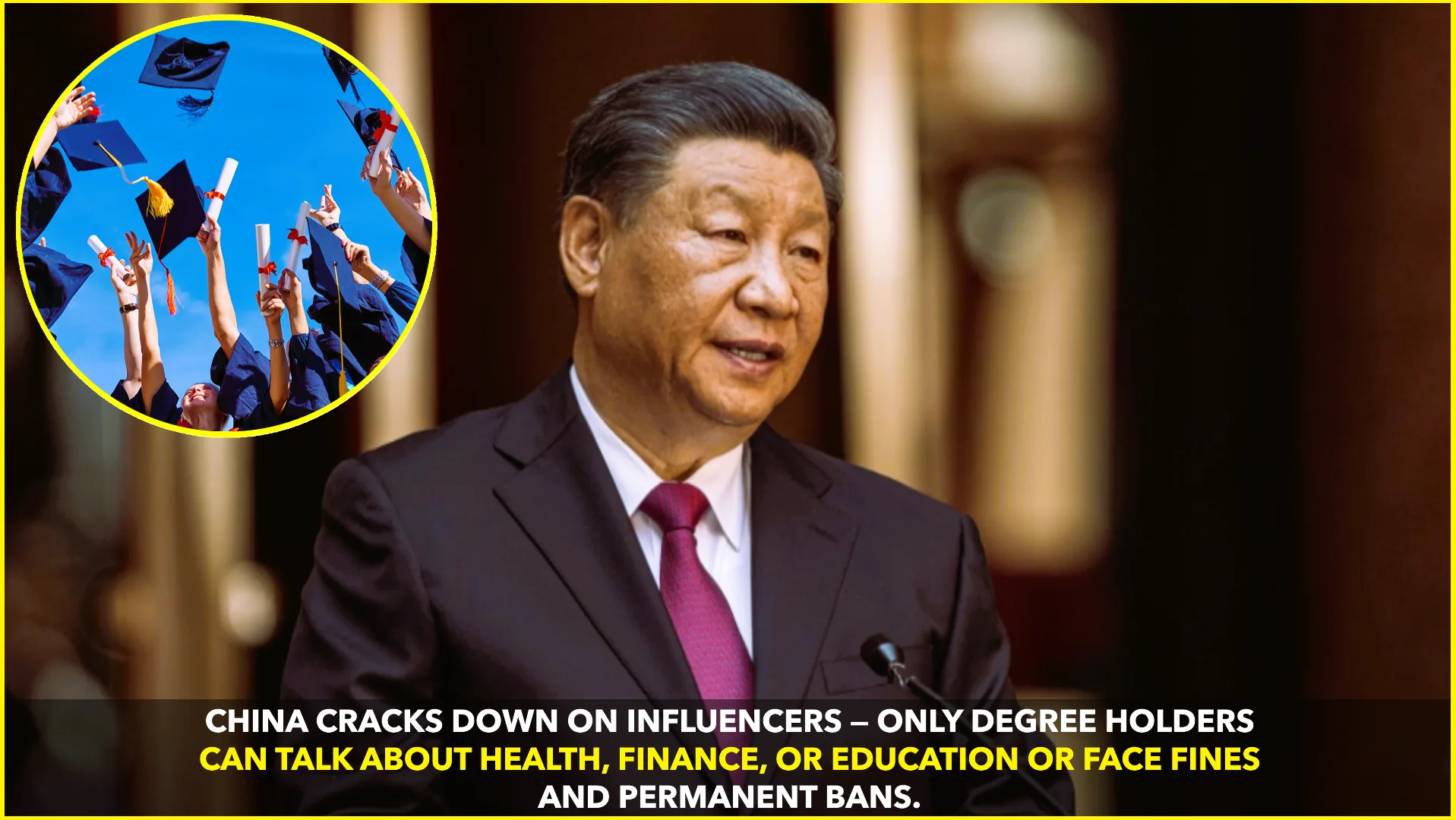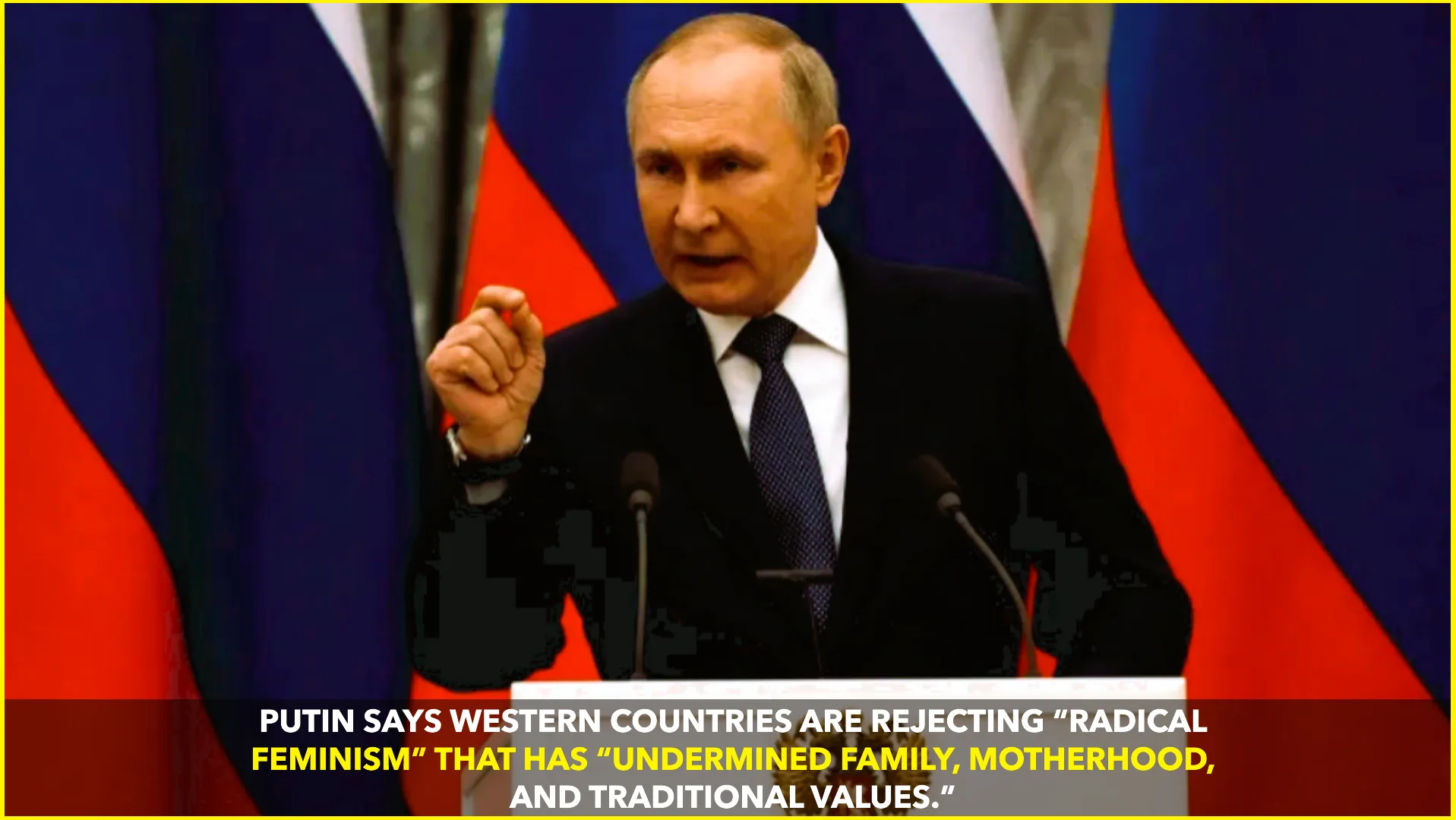Ethiopia has taken a bold step into nuclear energy after signing a landmark agreement with Russia to build the East African nation’s first nuclear power plant. The deal was finalized in Moscow during the Atomexpo International Forum, with senior officials from Ethiopia’s state-owned Ethiopian Electric Power Company (EEP) and Russia’s nuclear corporation Rosatom sealing the partnership (Reuters).
A major energy shift
For decades, Ethiopia’s electricity generation has relied almost entirely on hydropower, which currently makes up more than 95% of its energy supply. While this has supported the country’s rapid development, recurring droughts and climate change have exposed the vulnerability of a hydro-dependent grid. With rising power demand and industrialization goals, Ethiopian officials say nuclear energy offers a stable and long-term solution (Ecofin Agency).
The nuclear project is expected to provide Ethiopia with reliable baseload electricity, supporting economic growth, infrastructure expansion, and broader development plans.
The agreement details
The cooperation plan includes the creation of a joint working group to prepare feasibility studies, regulatory frameworks, and financing models. Rosatom has also pledged to help Ethiopia develop a nuclear research center for training, medical applications, and scientific innovation.
Rosatom’s Director General Alexei Likhachev described the deal as a “historic moment,” while Ethiopian delegates said it marked a “turning point” in their energy future (Addis Standard).
Training and technology transfer
Alongside construction, Russia has committed to training Ethiopian engineers and technicians in nuclear operations. This is part of a wider skills-transfer initiative designed to ensure that Ethiopia builds domestic expertise in nuclear science. The partnership also covers the development of a safety culture and regulatory capacity, considered essential for such a sensitive project (Atom Media).
Financing and timeline
Nuclear plants are notoriously expensive and time-consuming to build. While no specific budget figures were disclosed, experts estimate the project could take a decade or more to complete, given the complex regulatory, environmental, and construction hurdles. Ethiopian officials noted that detailed financial negotiations with Russia will follow, alongside international consultations to ensure compliance with nonproliferation and safety standards (World Nuclear News).
Regional and global context
Ethiopia is not alone in pursuing nuclear power. Egypt is already constructing the El Dabaa nuclear power plant with Rosatom, while South Africa operates the continent’s only existing facility at Koeberg. Other nations, such as Nigeria and Niger, have signed preliminary nuclear cooperation deals with Moscow. Analysts see this as part of Russia’s broader strategy to expand its influence in Africa through energy partnerships (Insider Africa).
For Ethiopia, the partnership also carries geopolitical weight. By working closely with Moscow, Addis Ababa gains access to advanced nuclear technology while diversifying its foreign partnerships at a time of shifting global alliances.
Challenges ahead
Despite the promise, critics have raised concerns about the financial risks, safety issues, and Ethiopia’s readiness for nuclear technology. Building regulatory institutions, emergency response systems, and waste management solutions will be crucial. There are also questions about whether nuclear energy is the most cost-effective option compared to rapidly advancing renewables such as solar and wind.
Still, officials argue that nuclear power is essential for long-term stability. “Hydropower alone cannot meet our growing demand. Nuclear energy is a strategic investment in Ethiopia’s future,” an EEP official said at the signing.
Outlook
If successfully implemented, Ethiopia’s first nuclear power plant could mark a turning point in its development journey. It would not only strengthen the national grid but also create jobs, promote science, and enhance the country’s role in Africa’s energy landscape.
With Africa’s population set to double by 2050 and electricity needs projected to soar, Ethiopia’s nuclear gamble might serve as a model—or a warning—for others seeking energy security in a warming world.










